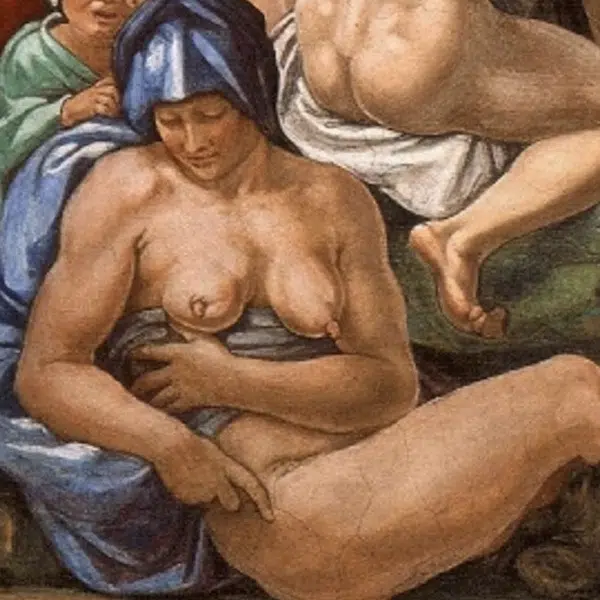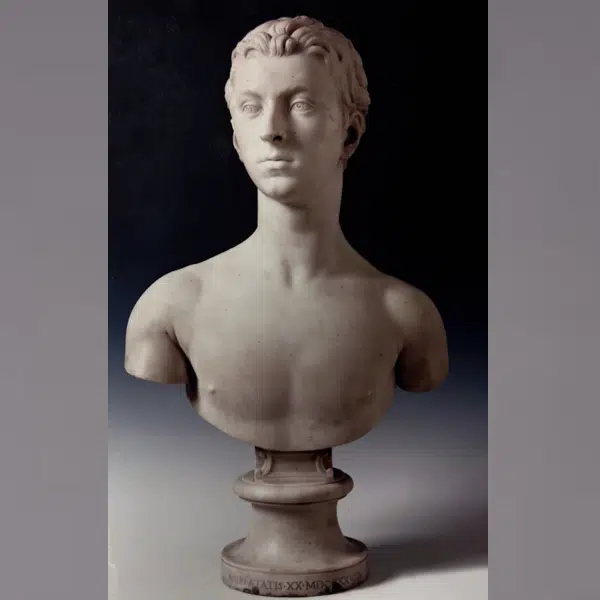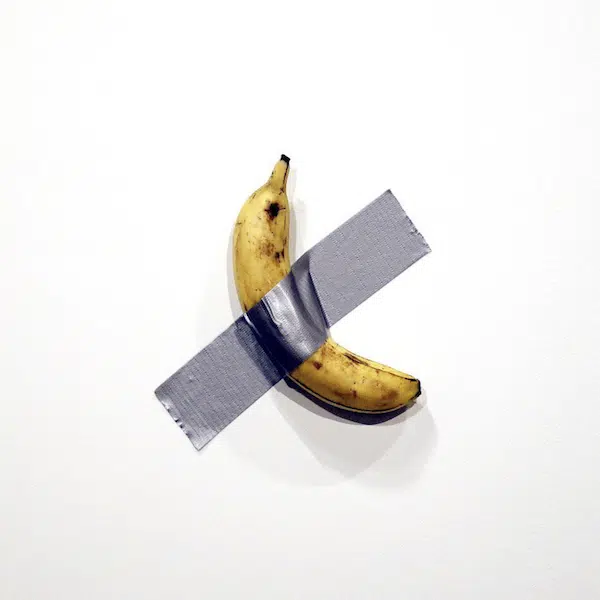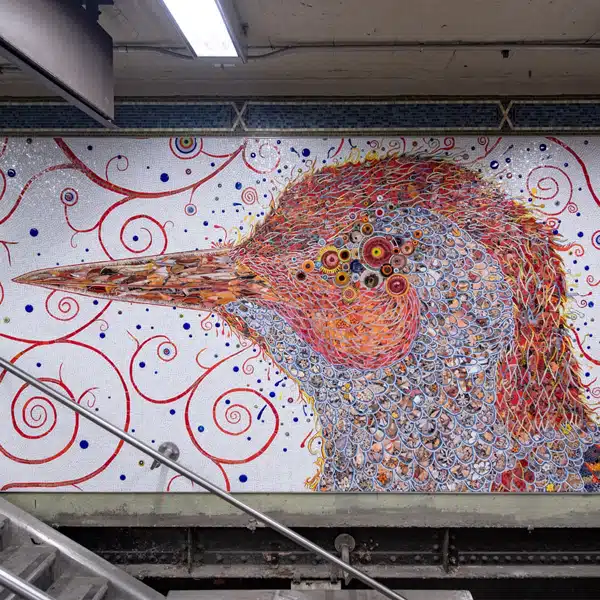View this post on Instagram
Facing down the iconic Charging Bull statue on NYC’s Wall Street is a bronze sculpture of a giant gorilla. But this isn’t just any gorilla; the seven-foot-tall statue depicts Harambe, an ape that was killed by Cincinnati zookeepers after a child climbed into his enclosure. Accompanying Harambe is a pile of 10,000 bananas, placed there by the organizers of the statue.
The Harambe sculpture was installed on Wall Street by the social networking platform Sapien.Network. The company, whose platform is under development, is “dedicated to putting the needs and welfare of human beings first,” and it views the gorilla’s occupation as a metaphor for Wall Street “going bananas.”
“The purpose of the protest is to highlight how out of touch Wall Street has become to the needs of everyday people and to challenge the street’s uncompassionate capitalism,” the company explained. “As a symbol of the outrageous disparity in wealth between the 1 percent and everyone else, 10,000 bananas will surround Wall Street’s iconic Charging Bull to illustrate just how ‘bananas’ Wall Street has become.”
So, why does the statue depict Harambe rather than being an anonymous ape? The 2016 death of the gorilla sparked public outrage; the zoo defended its decision to kill Harambe in the name of protecting the child, but critics point out that he never acted with malice. Sapien.Network’s founders Ankit Bhatia and Robert Giometti view the incident as a symbol of what is happening to regular people trying to survive in an unjust system.
PHOTOS: Statue of #Harambe the gorilla faces off with Wall Street's Charging Bull https://t.co/CfO2xUlRpN pic.twitter.com/wfuaL6MzZT
— 1010 WINS (@1010WINS) October 18, 2021
“Though the gorilla never acted aggressively toward the child, Harambe was shot by zookeepers who were fearful for the child’s safety,” Sapien.Network said. “For Bhatia and Giometti, the bronze statue of Harambe, contrasted with the bronze Charging Bull of Wall Street, represents the millions of everyday people who struggle under a system that enriches wealthy elites and leaves the average person behind.”
Giometti expanded on the idea. “Harambe is a representation of something that lets us look at more than just ourselves. What are we aspiring to as people?” He stated. “It’s about connecting. A simple gesture of giving a banana builds community. As a society, we need to come together.”
Harambe isn’t the first statue to face off with the Charging Bull. In 2017, Fearless Girl was installed opposite the bull and featured a defiant child staring down the sculpture. Placed there the day before International Women’s Day, it too was part of a marketing campaign, at that time by State Street Global Advisors for its Gender Diversity Index SHE, which is an exchange-traded fund “seeking to provide exposure to companies demonstrating greater gender diversity within senior leadership than other firms in their sector.”
The Fearless Girl was eventually relocated to the New York Stock Exchange. Like her, Harambe will, too, be on the move, although it’s unclear where the statue is going next. The 10,000 bananas, however, won’t go to waste—they will be donated to local food banks.
A seven-foot-tall statue of the gorilla Harambe was placed opposite the iconic Charging Bull on NYC's Wall Street.
A statue of Harambe, the gorilla killed at the Cincinnati Zoo in 2016, faces off against the Wall Street “Charging Bull” in a protest against wealth disparities within the U.S.
The 7-foot figure was surrounded by bananas, which were later donated to local food banks pic.twitter.com/X0vqQJaan2
— Bloomberg Quicktake (@Quicktake) October 19, 2021
h/t: [Reddit]
Related Articles:
New York’s ‘Fearless Girl’ Statue Wears White Lace Collar To Honor the Late Ruth Bader Ginsburg
Documenting Wall Street Anxiety During the Financial Crisis
Best of 2020: Top 10 Amazing Art Installations That Defined a Year Like No Other






















































































